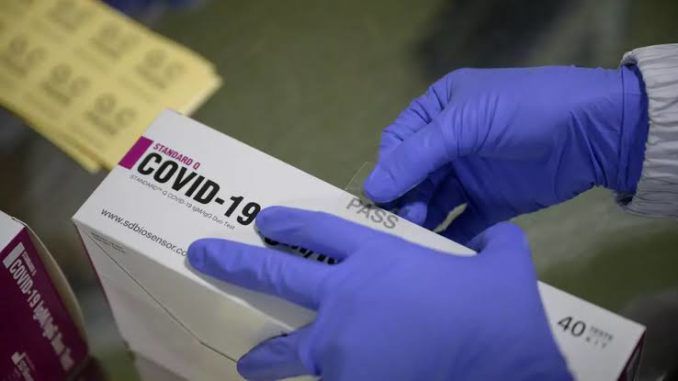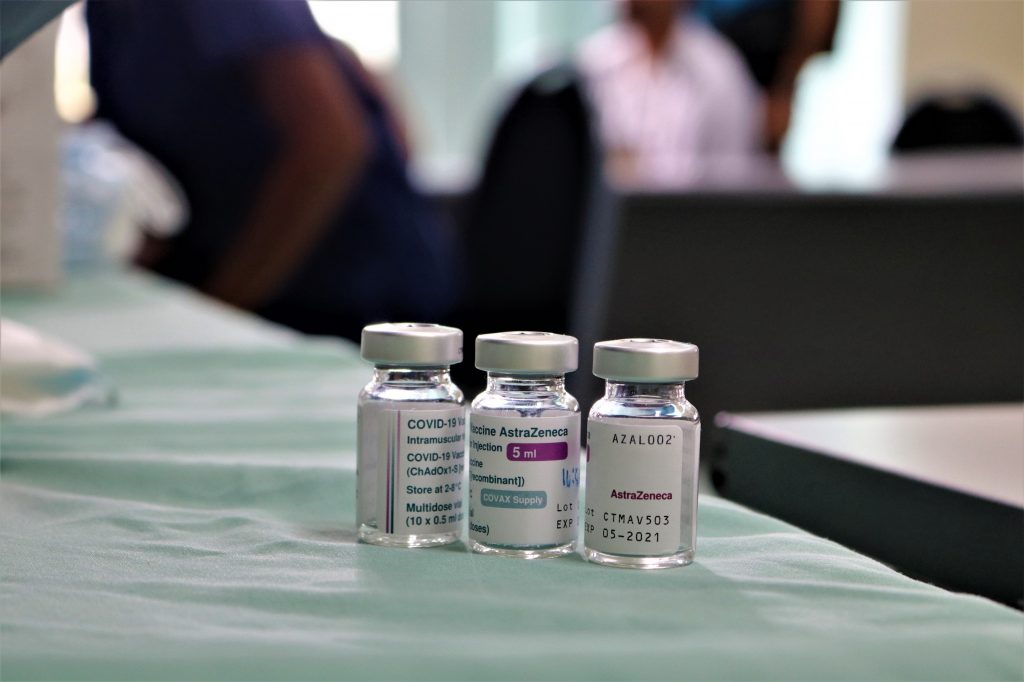
After the successful deployment of the first round of vaccines received from the COVAX facility in March 2021, Nigeria has received its second batch of vaccines from countries around the world; receiving 4 million doses of the Moderna vaccine from the United States through the COVAX facility and 177,600 doses of the single-shot Johnson & Johnson vaccine, purchased by the African Vaccine Acquisition Trust (AVAT), an initiative of African Union member states to pool their purchasing power to procure vaccines. The United Kingdom has donated 1,292,640 doses of the AstraZeneca vaccine as well as safety boxes and syringes, ensuring that the country has the medical consumables necessary to administer the vaccines safely. The inflow of vaccines has prompted the flag-off of the second phase of the vaccination campaign and it is important to explore how to deploy these vaccines effectively, taking into consideration the lessons learnt from the first rollout.
As the vaccines are being distributed to states across the country, it is the job of the National Primary Health Care Development Agency (NPHCDA) to oversee cold storage and deployment to states for onward delivery to Primary Health Centers (PHC) through their Local Government Area (LGA) offices. In line with the National Vaccine Deployment Plan (NVDP) developed by the World Health Organisation (WHO), the federal government has enlisted the help of many organisations, including the WHO, to assist with different aspects of the rollout to ensure that it is done effectively, equitably and safely.
Lessons from Rollout: Streamlining Implementation
So far in terms of the vaccination uptake, Nigeria has been playing catch up as to date, the country has only vaccinated 1.3% of its population partially and fully against the global vaccination rate of 39.5% of people partially and fully vaccinated. This falls short of the 40% that the country aimed to vaccinate by the end of 2021. It is a cause for concern particularly at a time where countries like Israel are already examining the need for booster shots to fight against the rise in cases. This poses a risk to Nigeria’s vaccine efforts because if demand shifts towards booster shots, it has the potential to affect vaccine supply as production capacity will be put under further pressure, affecting the number of vaccine doses that Nigeria can access. Booster shots are additional doses of vaccines that are given either to increase immunity or to fight against a new variant.
Examining how the first vaccine rollout was achieved may be a helpful reminder of how the vaccine dissemination process can be streamlined. It is important to address problems surrounding supply chain breakdown from local cold stores to endpoints and logistical and deployment glitches. In order to tackle this and ensure that vaccinations are available to eligible members of the society who need them most, there may be a need for private sector engagement and collaboration to support the supply chain to prevent logistical challenges and ensure the smooth transportation of vaccines to PHCs around the country.
The Importance of Strengthening the Vaccine Response
Though substantial progress has been made in the vaccine response, the supply chain must be strengthened as the landscape of the pandemic is constantly changing. Although our vaccines have been deployed in a timely manner thus far, an unstable supply chain and possible storage concerns could threaten their efficient deployment and slow our progress in ensuring that people are able to access the vaccines. The threat of the COVID-19 mutations continues, leaving unvaccinated citizens vulnerable to the new, more easily transmissible Delta, Delta+ and Gamma variants. This means that it is imperative that the COVID-19 vaccines are disseminated quickly to protect our population against the threat of newer variants.
Along with the external pressure that these new variants pose to the vaccine effort, there are many internal barriers that must be addressed in order to increase vaccine uptake and ensure that the vaccines that have been received are distributed and deployed efficiently. Through the first rollout, the government had to fight against misinformation surrounding the vaccine to encourage uptake. The government undertook several public demonstrations involving strategic and traditional leaders to demonstrate to the public that the COVID-19 vaccines are safe. To continue to combat misinformation and build trust, it is important that the government continues to use advocacy and community engagement to ensure that people are encouraged to take the vaccine.
The COVID-19 vaccines are the fastest and safest way to combat the virus and remain our best bet against the more serious effects of the virus that could lead to hospitalisation or worst still death. As such, it is imperative that the vaccines that the country has received are deployed effectively, equitably and safely to all who are eligible to receive them.

